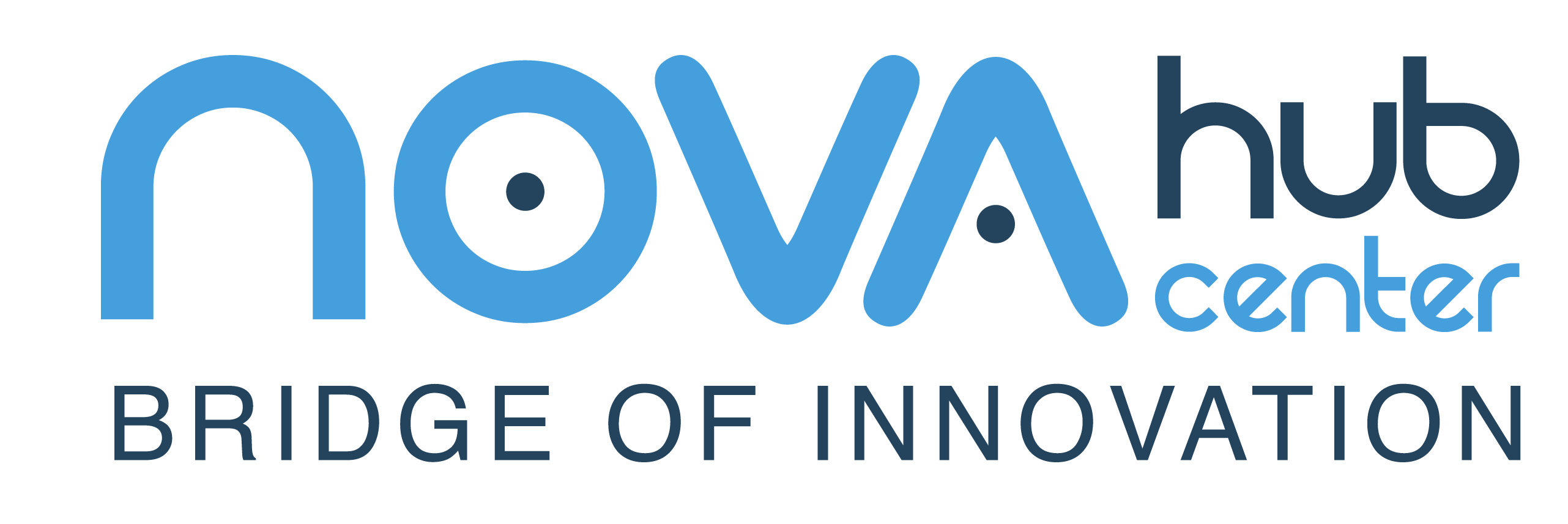HOW DID LEGALTECH CONQUER THE BAR?
THE DIGITAL TRANSFORMATION
Legal sector has been in constant evolution. It is true that many companies are leading policies of digitisation of the law. This digitisation consists of gradually integrating digital tools in order to change the way lawyers work, accelerated by the development of big data and artificial intelligence, and driven by a movement called “Legaltech” . This term, which appeared in the early 2000s in the United States ., reflects the desire to democratise access to law services and reduce legal fees by relying on technologies and innovation.
Like many other sectors (banking, finance, insurance, transport, etc.), the world of law is now being turned upside down by these new players who have set new standards on the market and with them a highly competitive environment in which legal professionals, traditional players and innovative start-ups live side by side. Also, legaltech has grown internationally. In the United States alone, there are more than 300 start-ups specializing in online legal services .
But really, what added value does legaltech bring compared to more traditional legal professionals?
TECHNOLOGY THAT BENEFITS EVERYONE
Technology is the new benefactor of the law as it has succeeded in appealing to the general public, professionals and communities.
• For private individuals, legal services are much cheaper and now available to the majority of people. The cost of a divorce is on average twice less expensive than with a traditional lawyer, while the costs of setting up a business are on average 16 times cheaper. Today, offers for private individuals have intensified: contracts, online wills, contact with lawyers. Legaltech makes it easier for people to access legal services and facilitates the connection with legal professionals. In a nutshell, legal digitisation has transformed the customer relationship by making it simple and immediate.
• Communities, too, benefit from this disruptive technology. Legaltech appears to be the best solution to respond to a major problem faced by local authorities, the lack of money due to high debt and a decrease in endowments. The technology also allows to automate some tasks such as the writing of contracts and therefore saves precious time. Finally, it plays an important role in the optimization of predictive justice. Thanks to digital tools, it is now possible to prevent litigation, draw up contracts and take decisions, mainly through the analysis of past decisions and their statistical processing.
• Legal professionals, on the other hand, were worried about the massive arrival of legaltech, and being replaced by machines. But they quickly realized that these new digital tools represent an opportunity for them. Indeed, legal tech acts as an ally for all these professionals, relieving them of many tasks. Machines will perform in their place the many low added daily tasks, being more complete than if it was performed by a human being, to focus human intervention only on some tasks with higher added value. Moreover, from the customer’s point of view, saving time is a proof of efficiency. A customer who has a precise and quick answer will therefore be satisfied and will have the feeling that he is considered as a customer who is treated as a priority. This is a much preferable situation for the customer who keeps on calling his adviser.
HOW TO DIGITALIZE WITHOUT DISHUMANIZING ?
As mentioned above, a question came up several times in people’s minds. “Will technology eliminate humans in an environment where human relationships are crucial?”.
We’re still a long way from that happening. Despite their cutting-edge technology, digital tools still cannot substitute for the know-how of professionals in sectors where human cognitive functions play a fundamental role. This is why the main challenge today is to optimally combine technological tools with the expertise of traditional players.
This is why the main challenge today is to optimally combine those tools with the expertise of human being. We can reasonably guarantee that, despite the deep transformation of the world of law, professionals in the sector will still have a major role to play in the years to come provided they embrace and appropriate LegalTech innovation. To be continue…




 Français
Français Español
Español